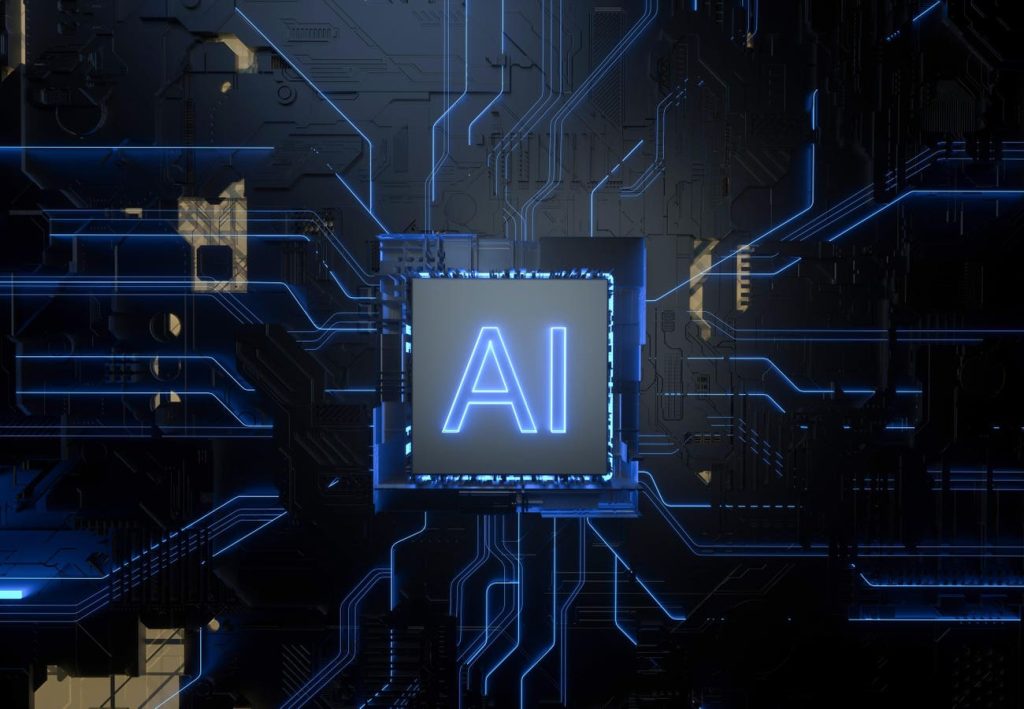Artificial intelligence (AI) has been identified as a significant emitter of CO2, with the carbon footprint of training a large language model equivalent to 125 round-trip flights between New York and Beijing. In light of the dire impacts of climate change, it is crucial to rethink the design of AI applications to minimize energy consumption. The tech industry must prioritize developing hardware and chipsets that combine high performance with power efficiency to support AI models and workloads. Without this shift, the energy demands of AI will continue to rise exponentially, posing severe consequences for the environment.
The evolution of technology has led to the creation of ever more powerful microchips, resulting in a substantial increase in energy consumption. The energy demands of AI, in particular, are staggering, as developers leverage sharding to break up workloads and run them on separate power-hungry GPUs. As AI continues to advance, the need for powerful processors will grow, raising concerns about the compatibility of our current power grid with the energy demands of AI. A paradigm shift is necessary to strike a balance between the power needed to develop AI and the need to reduce energy consumption.
Efforts are underway to develop more power-efficient processors tailored for AI applications, focusing on reducing power consumption while maintaining high performance capabilities. One promising approach is compute-in-memory, which improves processing speeds and reduces power requirements by eliminating system inefficiencies. These advancements offer a solution to the growing energy demands of AI, providing the necessary processing power while contributing positively to environmental sustainability. The development of hardware and chipsets designed for energy efficiency is paramount in ensuring the future of AI is both powerful and environmentally friendly.
As the tech world grapples with the challenges posed by the energy demands of AI, it is crucial for companies to prioritize the development of innovative technologies that reduce power consumption. By creating processors specifically designed for AI applications, significant reductions in energy consumption can be achieved, benefiting both the environment and users by lowering ownership costs. These advancements offer a promising solution to the dilemma of balancing the need for powerful AI with the imperative to reduce energy consumption. The next generation of AI applications will depend on these new hardware and chipsets to deliver high performance while minimizing energy usage, ultimately contributing to a more sustainable future for AI.


